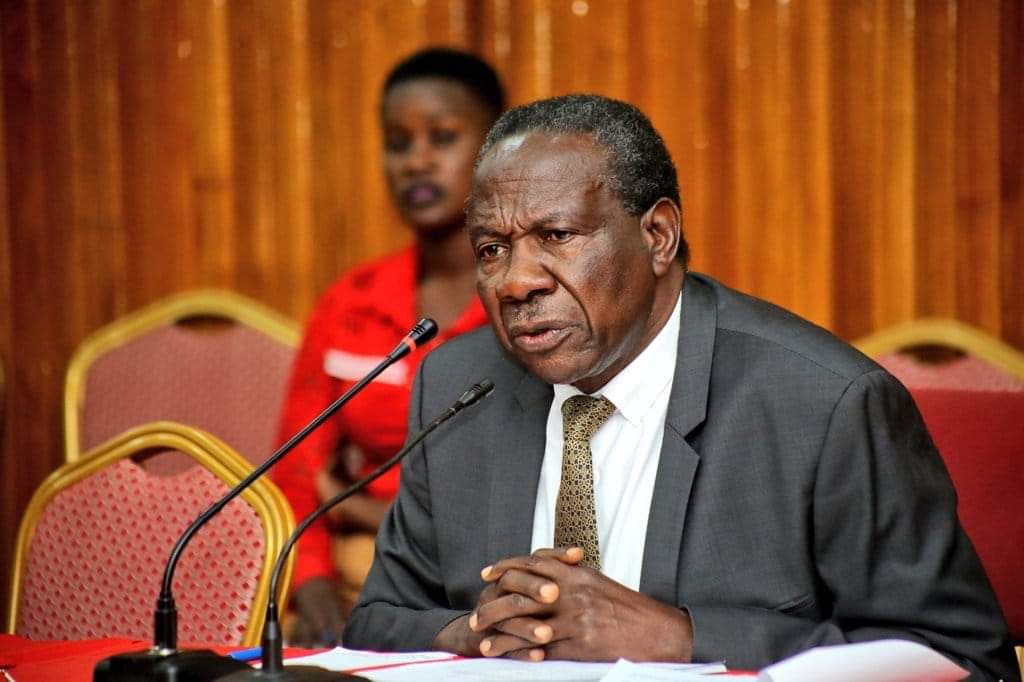High domestic debt putting pressure on bank deposits

Mr Damba says that if government debt is not slowed down, banking deposits will be under pressure. Photo / File
What you need to know:
- Lenders and traders who are owed Sh33 trillion in domestic debt are worried about government’s ability to meet its payment obligations
Banks are concerned that government’s domestic debt will strain banking as Treasury returns to the market following revenue shortfalls.
Lenders and traders who are owed Sh33 trillion in domestic debt are worried about government’s ability to meet its payment obligations in light of a budget that devotes 30 percent of revenue collections to debt servicing.
Uganda owes lenders Shs88 trillion, nearly twice the Shs52.7 trillion budget, with Shs47.9 trillion due to foreign debt and Shs33 trillion owed to domestic creditors, which has prompted repayments to be spread over several years.
However, despite the country’s debt to GDP ratio of 48.6 percent, which is edging closer to the 50 percent threshold, Finance Minister Matia Kasaija remains optimistic that debt is still manageable.
Government intends to invest in skilling Ugandans over the next 12 months and speed up agricultural commercialisation to increase production and productivity, both of which Kasaija said will promote private sector growth.
Currently, Uganda expects to spend Sh8.4 trillion on paying off domestic debt, Sh2.6 trillion on external debt and Sh6.1 trillion on interest payment.
The amount, has caused analysts to show concern, noting that issuance of new debt would drive up government yields and drain banking deposits.
“What’s coming is bitter for the lenders,” said Mr Denis Damba, a financial analyst and head of Treasury at I&M Bank. “If this borrowing is not slowed, yields will rise and treasury bills will become even cheaper. That will put pressure on banks,” he said.
Government has indicated domestic debt will reduce to Sh1.585 trillion in the next financial year from Sh5 trillion. However, banks indicate they have already been impacted, but Mr Damba noted that if government decides to reduce domestic borrowing, there will be less pressure on bank deposits.
This comes at a time when there has been dampened growth with the International Monetary Fund warning there are risks, from further tightening of external financial conditions and a renewed pickup in inflation, which would increase borrowing costs.
“The banking system is well capitalised, and liquidity has rebounded,” IMF noted: “but the asset quality of some banks has deteriorated.”




